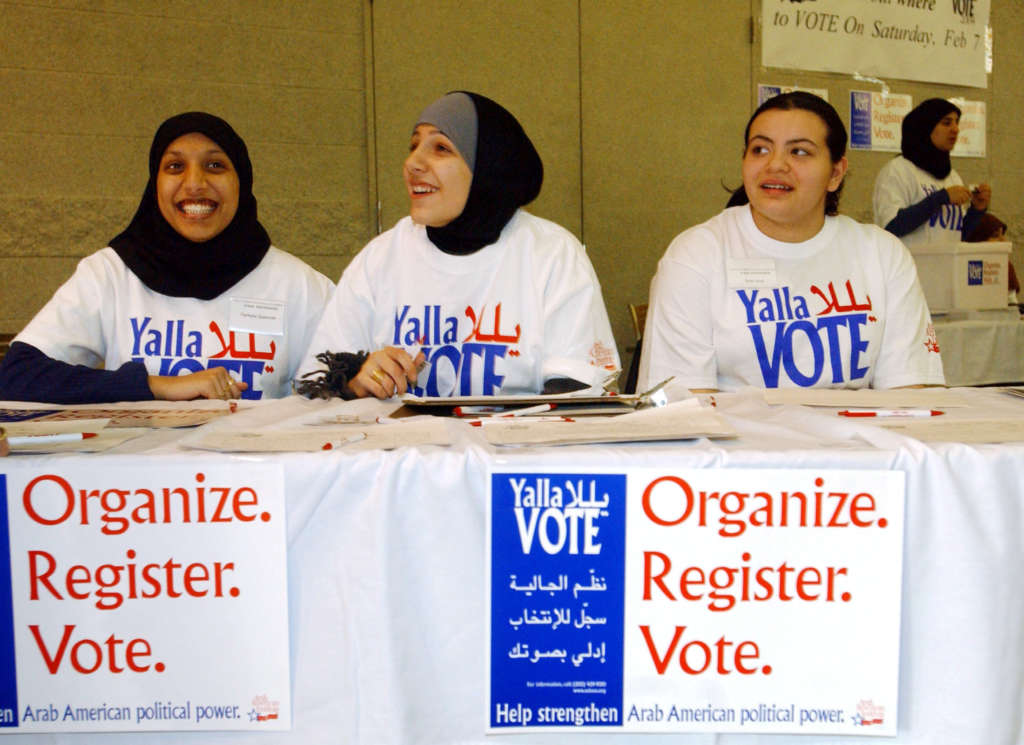London, Washington-U.S. citizens of Arab roots rarely succeed in specifying their identity on official papers since they only have check boxes entitled “white”, “black” and “other”.
Middle Eastern Americans do not get the chance to present themselves in the population census processes.
Nevertheless, and for the first time in more than 45 years, the U.S. Administration decided to add to the census forms specialized racial categories for Americans coming from the MENA region, thus becoming “white”, “African American” and “Asian” check boxes.
“This research aims to improve data on race and ethnicity so that we can provide our country with important information that reflects our growing racial and ethnic diversity,” said Census Bureau Analyst Rachel Marks.
A review process is almost complete for the new category: “Middle East-North African”.
However, opinion among community members — most of whom are Muslim — is divided, with some welcoming the prospect of being counted in order to gain a greater political voice and others uneasy about standing out in a time of rising anti-Muslim rhetoric.
In this regard, Secretary-General of the U.S. Council of Muslim Organizations Oussama Jammal said: “In the Donald Trump era, we fear that this designation could be hurtful. Do we really want to give such a tool to someone who wants to ban Muslims from entering the U.S. or to put them under surveillance?”
“Are we white? We’re certainly not black even if some of us come from Northern Africa. Is it a question of skin color? Is it a question of geographical origins? The dilemma faces everyone,” Jammal said.
In some countries, recording ethnic data is taboo. But in the United States, official statistics often include information on geographic origins or skin color.
This allows local authorities to know, for example, that unemployment among blacks is twice that of whites.
The census also determines how many seats each state has in the House of Representatives.
Controversy broke out in 2004 when the Census Bureau produced information on the locations of Americans who had declared their Middle-Eastern heritage during the 2000 census.
“It created a huge uproar in the Arab-Muslim community because they felt that the Homeland (Security) Department was going to use this for surveillance, which was probably what they had in mind,” said Matthew Snipp, professor of humanities and sciences at Stanford.
The episode also recalled somber memories of the internment of Japanese-Americans during World War II, which some researchers say the Census Bureau abetted by helping identify them.
As such anxieties diminished over time, some community members called on the Census Bureau to consider adding the new racial category.
Jamal Abdi of the National Iranian-American Council said being counted will give Americans of Middle Eastern and North African origins a greater political voice.
He said fears of persecution should not prevent this.
“It’s a legitimate concern, but I don’t think that the response to this is for us to live in the shadows or to obscure our heritage,” he told AFP.
For his part, Corey Saylor of the Council on American-Islamic Relations said: “It would help our government to provide the best service possible while taking into account its very diverse population”.
In areas with high concentrations of people of Middle Eastern origin, authorities could be convinced to offer services in Arabic, as is already the case for Spanish, he said.
The matter will be settled at the political level, with Congress having the final say.
